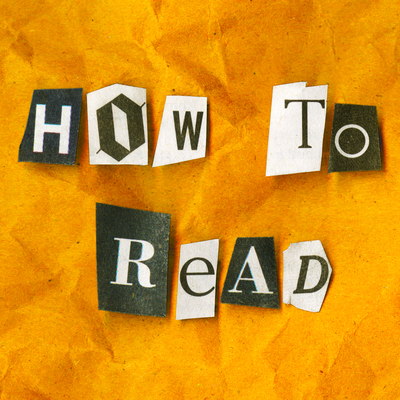Reading today is typically silent – whether reading a book in a library or reading messages on our phones, we don’t expect the activity to be noisy. At most, we expect the sound of a page quietly turning. But Andrew Albin is interested in the medieval period, when books made all kinds of sounds. Medieval books were noisy: they crackled and creaked, and were usually read aloud (even in private). Andrew argues that we should think of medieval books not just as objects to look at, but as a kind of musical instrument that needs a reader to bring its sounds to life.
Tag: sound
During the Cold War, the US and Chinese governments didn’t drop bombs on each other, but they did drop translated works of literature. In fact, national governments put a lot of effort into creating translations that covertly served their political agendas. In the case of the US, this meant emphasizing values like freedom and self-reliance, with which they hoped to win the hearts and minds of Chinese readers. But while propaganda is meant to convey one simple message, Lamyu Maria Bo argues that literature can’t be reduced to a single meaning – and meanings multiply even more in translation.
